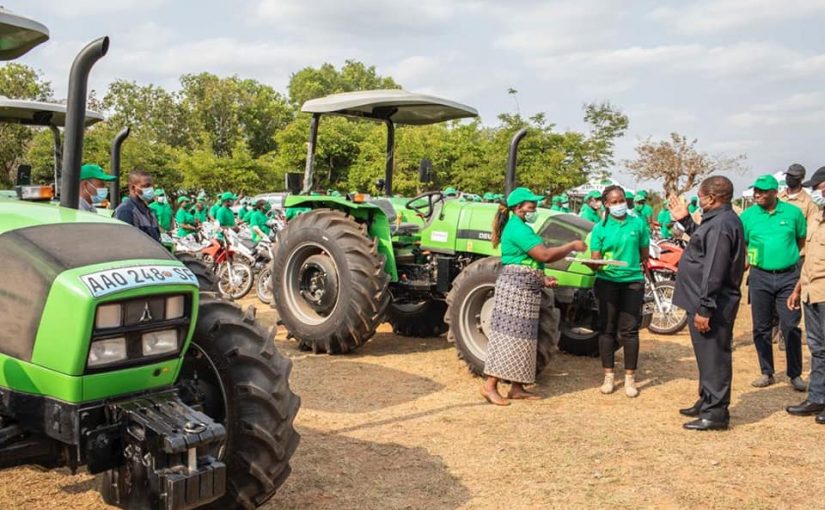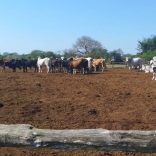Mozambique: Coffee farming already involves 1,500 families in Gorongosa
Mozambique: Fund responsible for ‘Sustenta’ programme denies accusations of preferential treatment

FILE - For illustration purposes only, [File photo: Sustenta]
The National Fund for Sustainable Development of Mozambique (FNDS) on Thursday insisted that candidates for the ‘Sustenta’ program would not be chosen on the basis of party affiliation, after doubts about the transparency of the process were raised by an NGO.
“It is not our intention to include or exclude candidates based on their party affiliation. We are here looking for Mozambicans capable of producing food,” Cláudio Borges, president of the National Sustainable Development Fund, the entity responsible for financing the programme, declared.
Borges was addressing a virtual meeting promoted by the Centre for Public Integrity (CIP), a non-governmental organization (NGO), to present a report that raises doubts about the transparency in the process of selecting small farmers for the programme, which aims to strengthen production capacities in the districts.
The CIP study, carried out between November 2020 and March 2021 in Nampula, Tete and Zambézia provinces, indicate that most farmers benefiting from programme support in those provinces have links with the Mozambique Liberation Front (Frelimo), Mozambique’s ruling party.
According to the president of the National Sustainable Development Fund, the programme received a total of 3,702 applications and, on average, these small farmers presented business plans estimated at around US$100,000 (€82,000), an amount considered large.
“If we had budget availability, maybe we would have financed everyone, but unfortunately this was not possible due to budget limitations,” Borges explained.
The president of the FNDS also mentioned that, of the total applications of “Small Emerging Commercial Farmers”, only 556 were chosen, taking into account that the minimum criterion is that the beneficiary has at least 14 hectares for production and agrees to work with other local farmers, ensuring the inclusion of more people in the value chain.
The Sustenta programme was launched in 2017 in Nampula and Zambézia provinces with initial support of 16 billion meticais (€211 million) from the World Bank, with the aim of providing small farmers with capacity, seeds, production strategies and financing.
Most of Mozambique’s population live in rural areas and depend on subsistence farming for survival.
The Mozambican government, which defined agriculture as a priority for the Mozambican economy, has indicated the industrialization of the agricultural sector and the commitment to marketing as two of its main challenges.













Leave a Reply
Be the First to Comment!
You must be logged in to post a comment.
You must be logged in to post a comment.